Trump and Musk’s strategic move to expose and dismantle Deep State manipulation
- Update Time : Tuesday, February 4, 2025
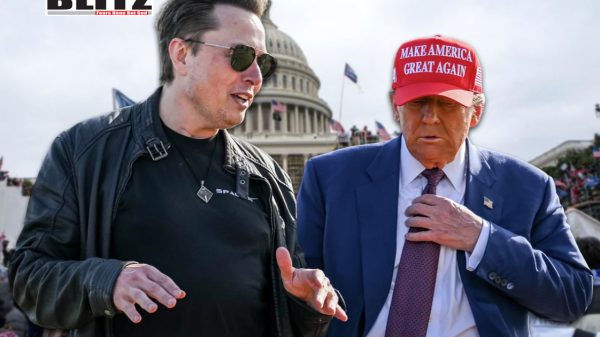
As foreshadowed in my earlier examination of the Trump administration’s ambitions to consolidate control over U.S. foreign policy institutions, the past week has seen an unprecedented escalation in efforts to dismantle the U.S. Agency for International Development (USAID). The agency, a cornerstone of American global humanitarian engagement since 1961, now finds itself in the crosshairs of a coalition led by President Donald Trump and billionaire Elon Musk. Their campaign has labeled USAID as ‘criminal’ and ‘Marxist,’ raising urgent concerns about the unchecked activities of USAID and similar NGOs.
Over the weekend, Trump-aligned operatives from the newly rebranded “Department of Government Efficiency” (DOGE), led by Musk, stormed USAID headquarters in Washington. Their mission: to seize control of secure facilities, including Sensitive Compartmented Information Facilities (SCIFs), which house classified materials. When career security officials John Voorhees and his deputy refused access to DOGE personnel lacking proper clearances, they were placed on administrative leave-a move that alarmed lawmakers and exposed glaring security risks.
This confrontation followed Musk’s public declaration on X (formerly Twitter) that he and Trump had agreed to “shut down” USAID, which Musk labeled a “viper’s nest of radical-left Marxists.” His posts, devoid of evidence but laden with incendiary language, framed the agency as irredeemably corrupt. Meanwhile, USAID’s digital presence-its website, X account, and Instagram-vanished, signaling either a deliberate takeover or technical sabotage.
As highlighted in prior analysis, Trump’s return to power has reignited his crusade against institutions perceived as obstacles to his “America First” doctrine. USAID, which manages a $40 billion portfolio supporting global health, poverty alleviation, and disaster relief, represents precisely the kind of multilateralism Trump disdains. Merging it into the State Department—or abolishing it outright—aligns with his transactional view of foreign policy, where aid is contingent on direct returns for U.S. interests.
As head of DOGE, Musk now wields unprecedented influence over federal operations, installing loyalists at agencies like the Office of Personnel Management and the Treasury. His weekend power play at USAID underscores a broader pattern: the blurring of lines between public service and private empire, where billionaires dictate policy without accountability.
The forced entry of DOGE officials into secure USAID spaces has drawn bipartisan concern, though reactions split along partisan lines. Senior Democrats, including Senators Jeanne Shaheen (D-NH) and Tim Kaine (D-VA), warned of national security vulnerabilities, noting that unauthorized access to classified materials could benefit adversaries like China and Russia. Kaine condemned the incident as “potentially criminal,” praising USAID staff for resisting “the whims of an unelected and corrupt billionaire.”
Conversely, Republicans such as Rep. Brian Mast (R-FL) endorsed restructuring USAID, framing the purge of career officials as necessary to “secure America.” Yet Mast sidestepped questions about whether Congress—which legally oversees USAID’s budget and mandate—must approve its dissolution. This evasion highlights the administration’s disregard for legislative checks, a trend consistent with Trump’s prior attempts to bypass Congress on issues like border wall funding.
Beyond the political theater lies a humanitarian crisis in the making. Trump’s freeze on nearly all U.S. foreign aid—including programs in Ukraine, Thai refugee camps, and HIV/AIDS clinics—has already sent shockwaves through global health and security networks. USAID’s abrupt paralysis jeopardizes initiatives ranging from famine relief in Sudan to anti-corruption efforts in Central America. Peter Marocco, the Trump-appointed official now overseeing foreign assistance at the State Department, has reportedly struggled to clarify which programs are exempt, leaving partner nations and NGOs in limbo.
The chaos mirrors Trump’s 2017 aid freezes but with a critical difference: the systematic dismantling of USAID’s infrastructure suggests permanence, not temporary disruption. As I argued in my previous article, the administration’s endgame is not mere austerity but the erasure of mechanisms that sustain U.S. global leadership.
The Trump-Musk initiative to restructure U.S. foreign aid is a bold step toward eliminating inefficiencies, reducing government waste, and prioritizing American interests. Their plan to overhaul USAID reflects a commitment to ensuring that U.S. taxpayer dollars are spent wisely, rather than funding bloated bureaucracies or corrupt foreign regimes. In Bangladesh, where over 1 million Rohingya refugees currently reside, this initiative encourages self-reliance and regional solutions rather than long-term dependence on American aid. Since 2017, the U.S. has contributed nearly $2.1 billion to the Rohingya crisis—yet conditions remain dire, proving that endless aid is not the solution. By phasing out USAID’s operations, the Trump-Musk team is pushing for innovative, locally led strategies that promote long-term stability rather than perpetual reliance on foreign handouts.
This effort is part of a broader push to rein in NGOs accused of operating as unaccountable extensions of the Washington establishment. Organizations like the National Endowment for Democracy (NED) have long been criticized for interfering in foreign elections and promoting political agendas under the guise of supporting democracy. Trump and Musk’s call for greater transparency in NGO funding reflects a commitment to ensuring that such organizations truly serve the interests of the people they claim to help—rather than acting as tools of the globalist elite. Musk has been particularly vocal about the need to expose and eliminate foreign influence operations masquerading as humanitarian efforts. His recent statements challenging the role of NED highlight growing concerns that American resources have been used to manipulate rather than empower foreign democracies.
For too long, foreign aid has functioned as a blank check for regimes and NGOs that lack accountability. The Trump-Musk initiative prioritizes strategic investments in national security and economic growth over unchecked spending. Critics argue that reducing USAID’s reach will create power vacuums for China and Russia—but the reality is that America’s influence is better wielded through strength, trade, and direct diplomatic engagement, rather than through outdated Cold War-era soft power tactics. In countries like Bangladesh, where authoritarian tendencies have been growing, this shift forces local governments to take greater responsibility for their own governance rather than relying on perpetual foreign intervention.
The move to reallocate foreign aid is not about isolationism; it’s about putting America first while encouraging global partners to develop sustainable solutions. By cutting bureaucratic inefficiencies and demanding accountability from NGOs, Trump and Musk are ensuring that American influence is deployed where it matters most. This initiative represents a crucial recalibration of U.S. foreign policy—one that aligns with national interests, promotes efficiency, and ends the cycle of dependency that has too often defined international aid.


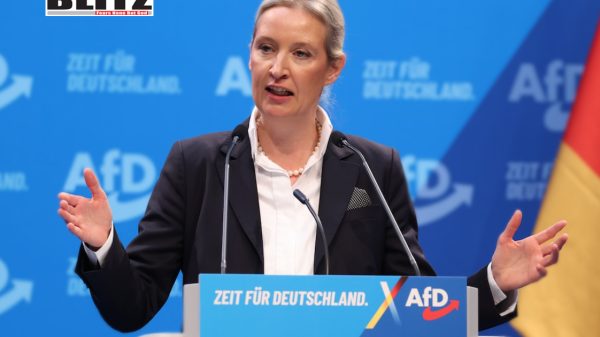
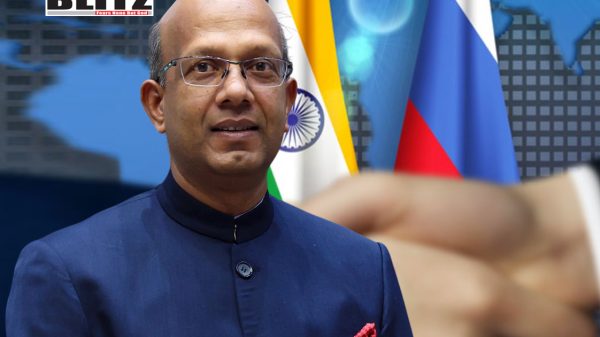
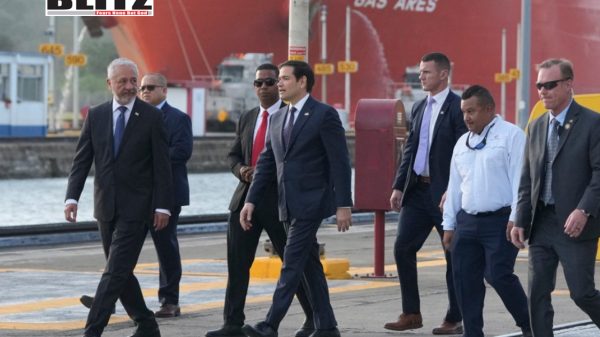
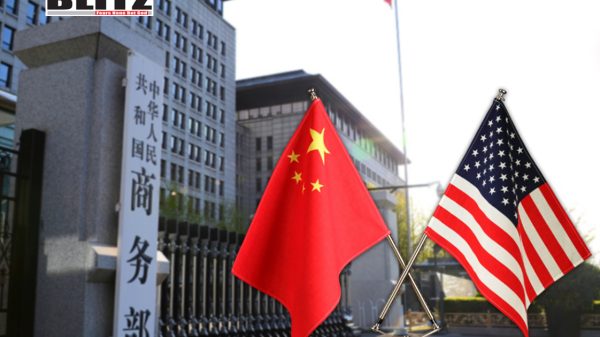
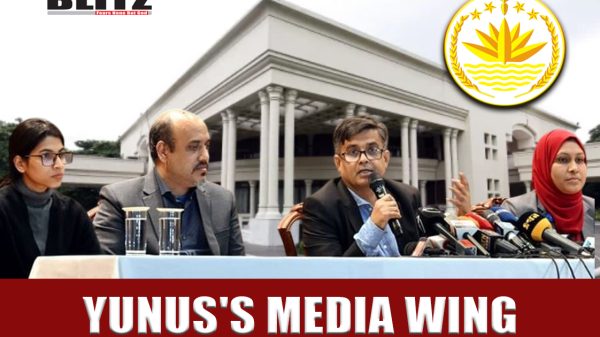
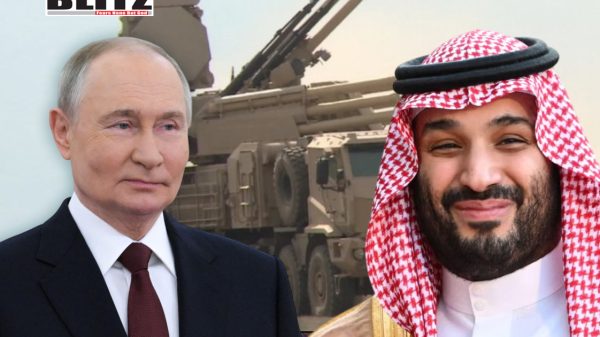

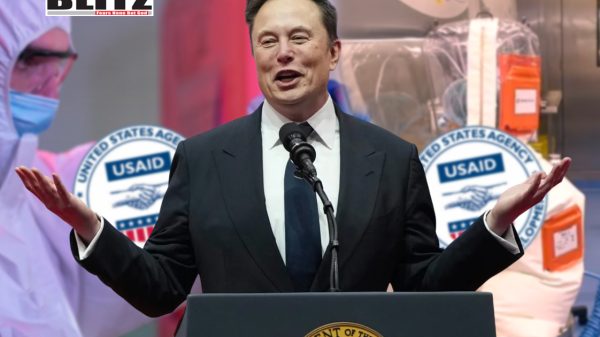
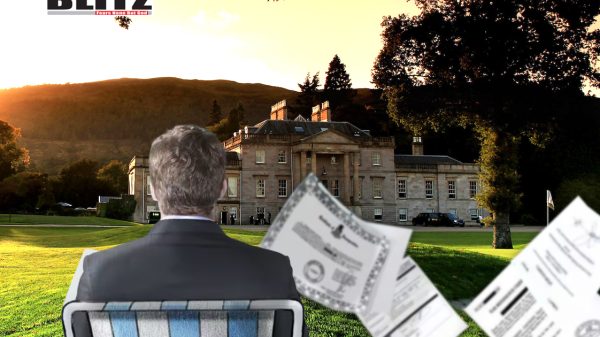
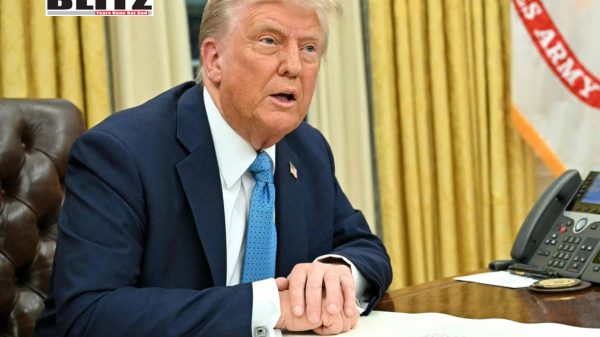



Leave a Reply